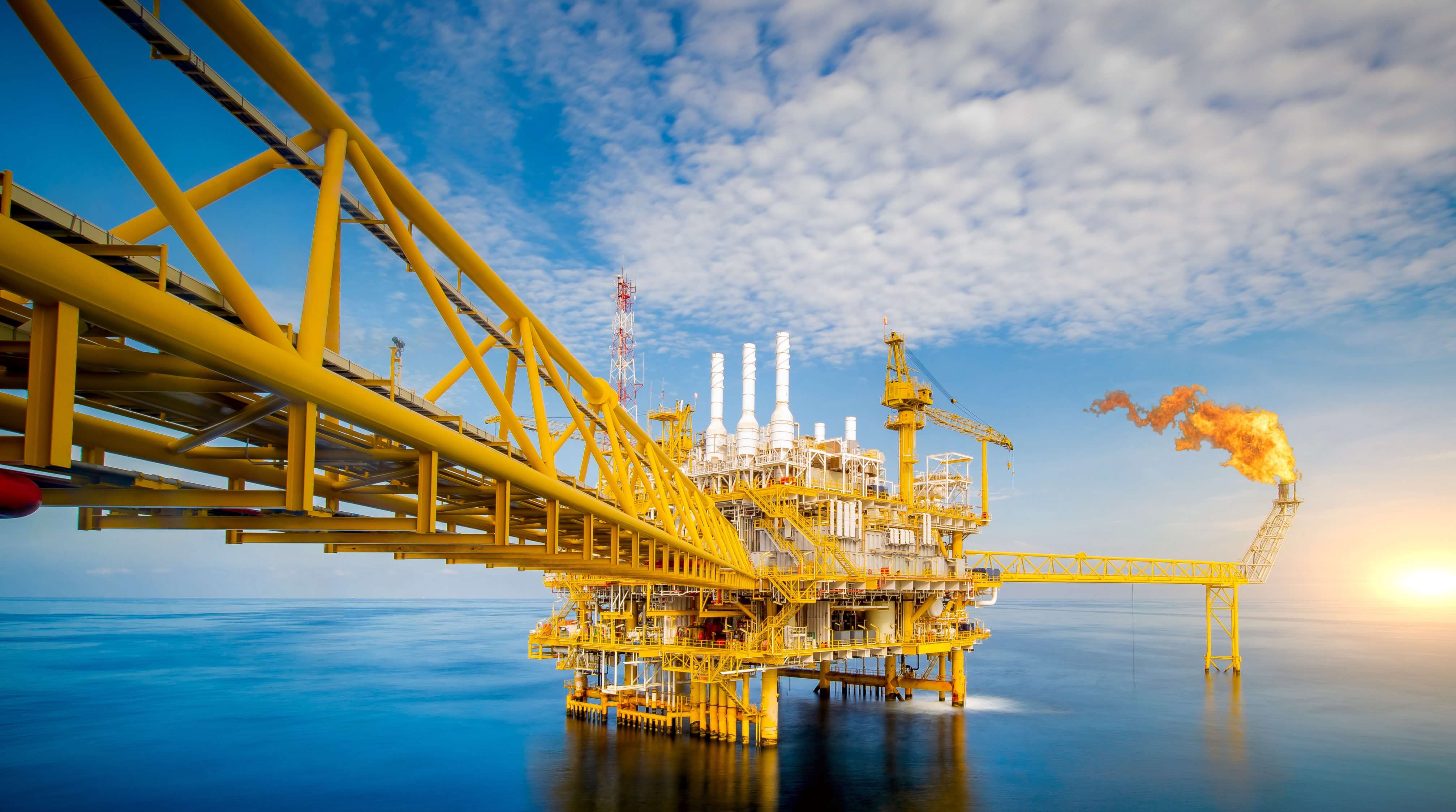What Causes Oil Rig Explosions?
Oil rig explosions are complex events often attributed to the inherent challenges of oil drilling. While some oil rig disasters result from unpredictable accidents like equipment failure, frequently, they stem from human factors such as negligence or cost-cutting measures. A prime example is the 2010 Deepwater Horizon, which was partially attributed to BP management's alleged shortcuts to reduce expenses.
Common causes of oil rig explosions include the following:
These factors, individually or in combination, can lead to devastating explosions on oil rigs, underlining the critical need for stringent safety practices, regular equipment maintenance, thorough training, and a commitment to regulatory compliance in the oil drilling industry. The industry must continuously navigate these hazards as part of its operations, underscoring the need for stringent safety measures and protocols.
Injuries Caused by Rig Explosions
- Burn Injuries: These injuries are categorized into four degrees, each escalating in severity. A first-degree burn affects only the outer skin layer, while a fourth-degree burn penetrates through skin, fat, and muscle, reaching the bones. Severe burns can lead to gangrene, necessitate amputation, or even result in death.
- Brain Injuries: Often resulting from blunt force trauma, explosions, or other high-impact events, brain injuries can profoundly affect an individual's life. Brain injuries can lead to sensory disruptions, seizures, and impaired coordination.
- Spinal Cord Injuries: These injuries can reduce or sever control over body parts. Severe spinal damage may even lead to paralysis from the injury site downward.
- Crush Injuries: Extreme force can cause crush injuries, leading to internal and external bleeding, nerve damage, bone fractures, and other serious health issues.
- Dismemberment: This severe injury involves the loss of a limb, whether through traumatic severing or medically necessary amputation.
Disasters Involving Oil Rig Explosions
In recent years, the oil drilling industry has witnessed several significant accidents, highlighting the ongoing risks associated with offshore drilling operations. The U.S. Bureau of Ocean Energy Management has reported numerous incidents, including 23 blowouts, also known as "loss of well incidents," since 2006.
A notable disaster was the BP Deepwater Horizon oil spill in 2010, which tragically resulted in 11 fatalities and 17 injuries. This incident led to a massive environmental catastrophe, with oil leaking continuously for three months into the Gulf of Mexico.
Another serious incident occurred on a Black Elk Energy oil rig. This event was marked by a devastating fire onboard the rig, leading to one worker's death and the disappearance of another. Additionally, several crew members were injured, with 11 requiring hospitalization and 4 in critical condition.
Envisioning a Safer Future for Oil Rig Workers Amidst Persistent Challenges
The assistant secretary for OSHA has voiced a significant concern regarding the oil industry: "We're very concerned that the oil industry is not making the investment needed to run these refineries safely, and workers are paying for it with their lives."
Despite these concerns, the industry's momentum continues.
The Gulf alone accounts for over 1.6 million barrels of crude oil daily, representing a third of domestic output. Consequently, workers persist in their drilling efforts. The American Petroleum Institute's director of Upstream and Industry Operations remains optimistic, aiming for "the end goal of zero accidents, zero fatalities, zero injuries."
While this goal is commendable, it raises critical questions about the measures and responses when accidents, such as oil rig explosions, do occur, resulting in severe injuries or fatalities. Addressing these concerns calls for a multi-faceted approach, including enhanced safety protocols, increased investment in safe operational technologies, rigorous training for workers, and a robust response plan for accidents, ensuring that the welfare of oil rig workers is prioritized alongside production efficiency.
Advocating for Injured Oil Rig Workers
As an offshore oil worker, you are entitled to pursue medical and financial compensation for injuries sustained, regardless of the accident's specifics. When negligence impacts your life and that of your family, having a strong legal advocate is essential. At Arnold & Itkin, our commitment is unwavering: we fight tirelessly for the rights of our injured clients, ensuring your voice is heard and your rights are upheld.
For a comprehensive, no-obligation case evaluation, contact Arnold & Itkin today. Our firm serves clients across the United States, including workers from Texas, Louisiana, Mississippi, and Alabama. Let us help you navigate your legal journey and fight for the compensation you rightfully deserve.


























